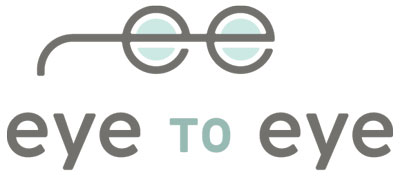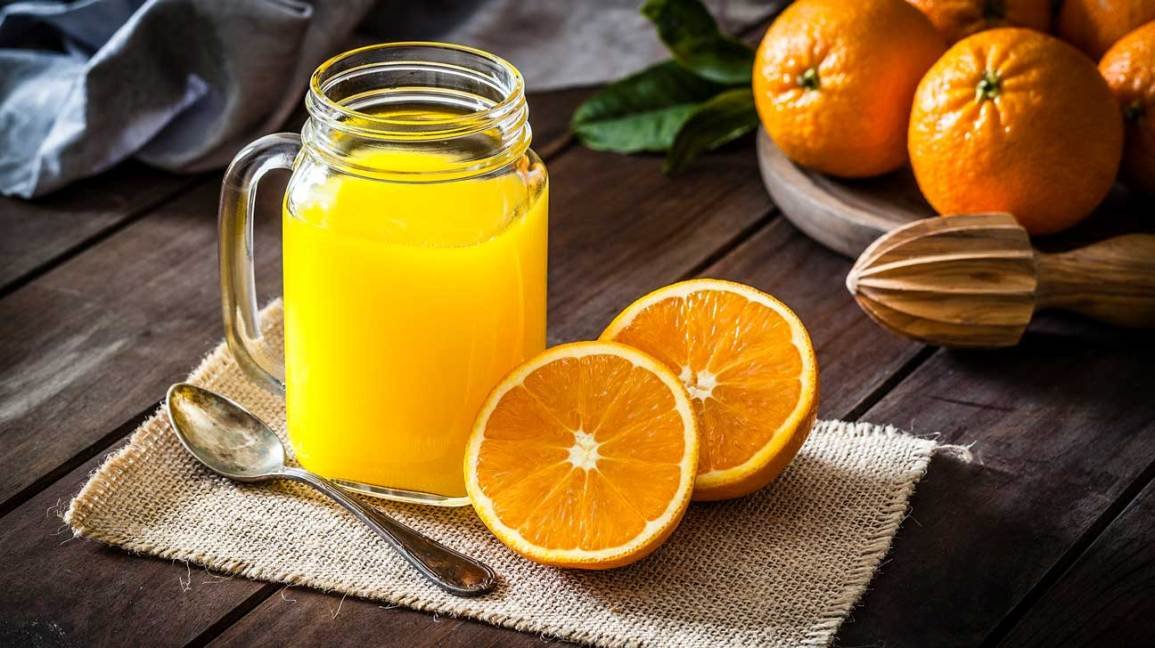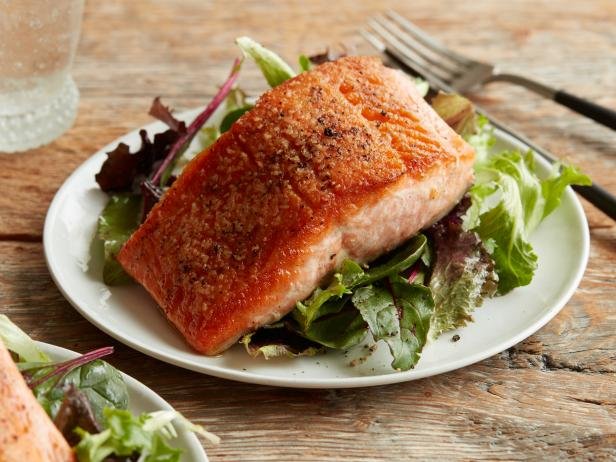Nutritional Support for Eye Health
Healthy vision starts on the inside with good nutrition. According to the American Optometric Association (aoa.org) not all nutrients are created equal. See below for dietary recommendations designed to promote eye health!
From aoa.org:
Research shows that adding certain nutrients to patients' daily diets can help preserve their vision. But not all nutrients are created equal. What is considered the optimal combination of eye-friendly nutrients?
Lutein & zeaxanthin
The recommendation:
Kale
10 mg/day lutein
2 mg/day zeaxanthin
The best choice:
Kale (cooked)
1 cup = 23.8 mg
The reason:
Lutein and zeaxanthin, carotenoids, help neutralize oxidative damage as well as filter high-energy blue light reaching the eye, in turn reducing the risk of AMD and cataracts.
Vitamin A
The recommendation:
400-700 mcg Retinol Activity Equivalents
The best choice:
Beef liver
3 oz. = 6,582 mcg RAE
The reason:
Vitamin A is an essential component of rhodopsin, while also supporting functioning of the conjunctival membranes and cornea.
Vitamin C
The recommendation:
500 mg/day
The best choice:
Orange juice
1 cup = 124 mg
The reason:
Vitamin C, ascorbic acid, promotes healthy blood vessels and helps neutralize oxidative damage that can lead to cataract development or AMD progression.
Vitamin E
The recommendation:
400 IU/day
The best choice:
Cereal, wheat germ
1 cup = 27 IU
The reason:
Vitamin E helps neutralize oxidative damage, in turn helping reduce AMD progression and cataract formation.
Zinc
The recommendation:
11 mg/day for men
8 mg/day for women
80 mg/day for high risk of AMD (may need to also take 2 mg/day copper)
The best choice:
Oysters (raw)
6 (medium) = 76.3 mg
The reason:
Zinc helps vitamin A produce melanin to protect the eye and may help delay AMD progression, while a zinc deficiency has been linked to poor night vision.
Essential fatty acids
The recommendation:
1 g/day of EPA + DHA
The best choice:
Salmon (cooked) .
3 oz. = 1,800 mg omega-3s
The reason:
Omega-3 fatty acids, particularly DHA and EPA, promote visual development and healthy retinal function, while an omega-3 deficiency may be linked to dry eye.






